During an era of sugar shortages caused by wartime blockades, Napoleon set aside more than 70,000 acres of French land to explore the sugar-producing potential of beets. Since then, beets of varying hues and varieties have been cultivated, including the sugar beet that is now a global sweetener source.
Beets can be pickled, boiled, steamed, grilled or even grated into salads to add color and a tasty crunch. They are best harvested between 50 and 70 days after planting, according to The Spruce.
When purchasing, look for small and firm beets, with the taproot and healthy, crisp greens still attached. Avoid large beets that have hairy taproots, as they’re likely old and tough. You should also avoid beets that have scales or spots.
If you can’t prepare beets immediately, store the bulb and greens in separate bags in your refrigerator’s crisper. You can store the leaves for two days, while the root bulb can be stored up to a week. It’s best to store beets unwashed.
Health Benefits of Beets
Beets are an excellent source of dietary fiber, vitamin C and magnesium. They also contain folate, which plays a vital role in RNA and DNA synthesis, and potassium, which is necessary for normal cell function and muscle contraction. Beets contain manganese as well, which is “involved in amino acid, cholesterol, glucose and carbohydrate metabolism; reactive oxygen species scavenging; bone formation; reproduction; and immune response,” according to the National Institutes of Health.
Moreover, beets contain various health-promoting bioactive constituents, including polyphenols, carotenoids and flavonoids. They also have betaine, an amino acid that may help inhibit inflammation and reduce the risk for cancer. For more information about beets’ nutritional value, check out the table below:
| Beet Nutrition Facts
Serving Size: 3.5 ounces (100 grams), raw |
||
| Amt. Per Serving |
% Daily Value* |
|
| Calories | 43 | |
| Total Fat | 0.17 g | |
| Saturated Fat | 0.027 g | |
| Trans Fat | ||
| Cholesterol | 0 mg | |
| Sodium | 78 mg | |
| Total Carbohydrates | 9.56 g | |
| Dietary Fiber | 2.8 g | |
| Sugar | 6.76 g | |
| Protein | 1.61 g | |
| Vitamin A2 µg | Vitamin C | 4.9 mg |
| Calcium16 mg | Iron | 0.80 mg |
Studies Done on Beets
A study in the Journal of Agricultural and Food Chemistry evaluated 27 of the most commonly used vegetables in the U.S. to determine their cellular antioxidant activity (CAA) and oxygen radical absorbance capacity (ORAC) values. Beets, along with broccoli and red pepper, were shown to be the highest. They’re potentially helpful in reducing the risk for chronic conditions, such as cancer and cardiovascular disease.
Another thoroughly studied compound of beets is betalain, particularly betanin. A study in Anticancer Agents in Medicinal Chemistry compared the cytotoxicity of beet extract against an anticancer drug and found that it may help inhibit the growth of cancer cells due to the cytotoxic property of its betanin content.
Beets Fun Facts
It’s important to leave at least 1 inch of stem on the beet bulb before cooking it to keep its deep red color from bleeding. Adding vinegar also helps preserve its color and tone down its odor. Beets are easier to peel after cooking, and it’s at that point that you take off the shortened stems.
Beet juice can be used to color Easter eggs because of its vibrant hue and staining capabilities.
Summary
Beets are enjoyed by many for their earthy flavor, firm texture and intense coloring. They are versatile for table use, have innumerable nutritional qualities and store well.
Often pickled in vinegar to give them a flavor as intense as their coloring, beets can also be baked, roasted, steamed and boiled. But since they contain sugar, be careful not to consume excessive amounts, especially if you have diabetes.


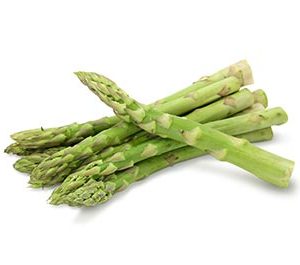
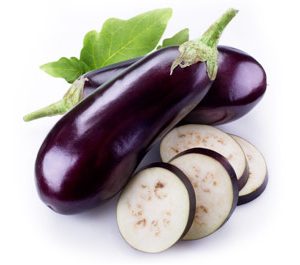
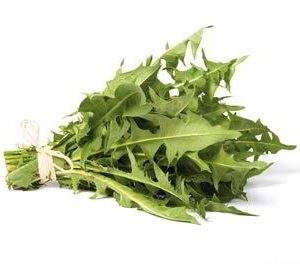
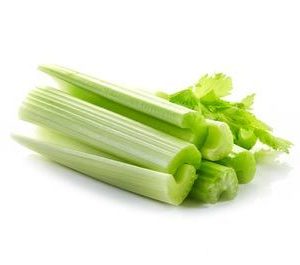
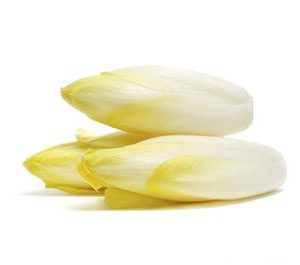
Reviews
There are no reviews yet.